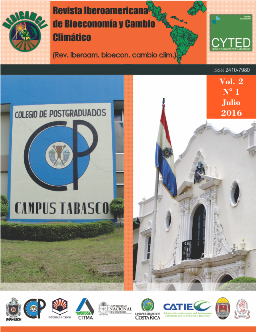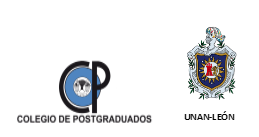Loss of moral values in students from rural areas
DOI:
https://doi.org/10.5377/ribcc.v2i1.5709Keywords:
Teaching, Moral values, School, Students, Level of studyAbstract
The study focused on an attempt to discuss the issue of the loss of values in the rural area, in this field of education that is often taken into account the emotional and intellectual, which refers to the field in the family and in the school, does not have as an object to repress the emotions, but to know them, to know them to use for the development and the personal motivation and also to learn to control. It is necessary to be aware of the human values that we possess, taking a giant step to have introduced seriously in the field of personality and education in a globalized world and composed of emotions and aptitudes few humanitarian, which before was reserved rather to literature and to art.
So the formation of moral values is imposed in our day by the complex situation that we live at the international level, hence the need to prioritize it in the educational institutions of our country, since it is childhood, adolescence and youth are the sectors prioritized in the society for the transformation that is needed in the professional, whose action must be in consonance with the maximum aspiration of forming responsible and committed men with others and with a humanistic conception.
Likewise, socialist society sets itself the goal of creating a man with a
different personality, influenced by an intimate love for the country, not having hate or losing its particular values that we all have innate in understanding, solidarity and help to places in rural areas, with a higher moral of work and its relations with other people in the social and personal attention activity.
Downloads
1945
HTML (Español (España)) 0
Published
How to Cite
License
Copyright (c) 2016 Rev. iberoam. bioecon. cambio clim.

This work is licensed under a Creative Commons Attribution-NonCommercial-ShareAlike 4.0 International License.
Copyright © Rev. iberoam. bioecon. climate change (Graduate School and UNAN-León, School of Agricultural and Veterinary Sciences / Department of Agroecology / Center for Research in Bioeconomy and Climate Cahnge (CRByCC).







